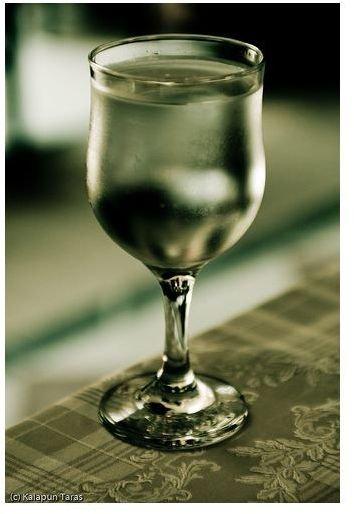Treatment for Vaginal Dryness — What Options Are Available?
Natural Changes
When estrogen levels diminish, which can happen for numerous reasons, vaginal dryness is a possible side effect. This hormone is responsible for keeping the walls of the vagina moist, and lubricated during times of sexual arousal. After childbirth, while nursing and during the changes of menopause, estrogen naturally decreases. There are other factors that can lead to this condition as well, such as stress, poor diet, some health conditions, and the use of some medications. There are many ways to address vaginal dryness. From natural remedies to estrogen therapy, find out what the options are and decide what is the best treatment for vaginal dryness for you.
Improve Your Well-Being
The first step to treating vaginal dryness is to deal with your well-being. Whether you use conventional or natural remedies or not, if the possible foundational causes of a lack of natural lubrication are not addressed, the problem may still exist. While for many women hormone changes are going to inevitably cause side effects, taking care of your well-being will help to minimize the severity of side effects such as vaginal dryness.
Make sure you are drinking plenty of water. Hydration is important for the body to be able to produce necessary fluids. Drink eight glasses of water a day. Also, take a look at your diet. Make sure you are consuming plenty of fresh fruits and vegetables for vitamins and minerals, nuts and seeds for essential fatty acids and nutrients, and sources of phytoestrogens, such as soy, whole grains, celery, fennel, apples and flax seed.
As stress and emotional imbalances may contribute to vaginal dryness, it is important to address these problems. Consider adding some form of relaxation into your daily lifestyle, such as meditation, deep breathing exercises, or simply a walk outdoors.
Topical Remedies
There are many lubricants and moisturizers which can safely be used to provide lubrication in times of vaginal dryness. You can choose over-the-counter products for lubrication, such as KY Jelly, Sylk or Astroglide (KY Jelly does contain methylparaben). You can also use a small amount of a natural oil such as avocado oil, sweet almond oil or grapeseed oil. Apply after bathing. Vitamin E oil and pure aloe vera gel can be used as natural remedies to lubricate the vagina. Try gently massaging vitamin E oil along the inside walls of your vagina to keep moist and to nourish thinning tissue.
Prescription Estrogen Treatments
Estrogen enhancing creams are another option. The benefit of these creams is that they are effective and only a small amount of estrogen is needed as they are absorbed directly into the skin. Talk to your doctor about prescription creams for vaginal dryness such as Estrace or Premarin.
Another option is to insert an estrogen-containing tablet with a disposable applicator. This treatment for vaginal dryness is done daily for two weeks, and then twice a week until no longer needed. An estrogen ring can also be inserted into the vagina by your doctor every three months.
Herbal Remedies
Herbs can be taken to balance hormones. Natural estrogen promoters include black cohosh, fennel, raspberry, wild yam, sage, dong quai, and false unicorn root. You can drink these herbs in infusions or even take as natural supplements. To make a tea steep one to two teaspoons of
any of the listed herbs in one cup of boiling water for ten minutes. Drink one to three cups daily. While these herbs are safe for general use, make sure you talk to your doctor about using herbs, especially if you have any other health conditions or if you are taking medications.
What Treatment Is Right for You?
There are many treatment options available for addressing vaginal dryness. While diminishing estrogen is often the culprit, there are other potential causes. If vaginal dryness is a chronic problem as a symptoms of menopause, talk to your doctor about what treatment is right for you. If dryness and irritation persists even after addressing diet, hydration, and stress or if there are any other symptoms, do not hesitate to see your doctor to rule out an underlying health condition.
References
“Symptoms — vaginal dryness.” (Women to Women) https://www.womentowomen.com/understandyourbody/symptoms/vaginaldryness.aspx
WebMD https://women.webmd.com/vaginal-dryness-causes-moisturizing-treatments
Balch, Phyllis A. “Prescription for Nutritional Healing.” Fourth Edition (Penguin Books, 2006).
Herbs 2000 https://www.herbs2000.com/disorders/vaginal\_dry.htm
photo by Taras Kalapun
photo by Paul Downey
